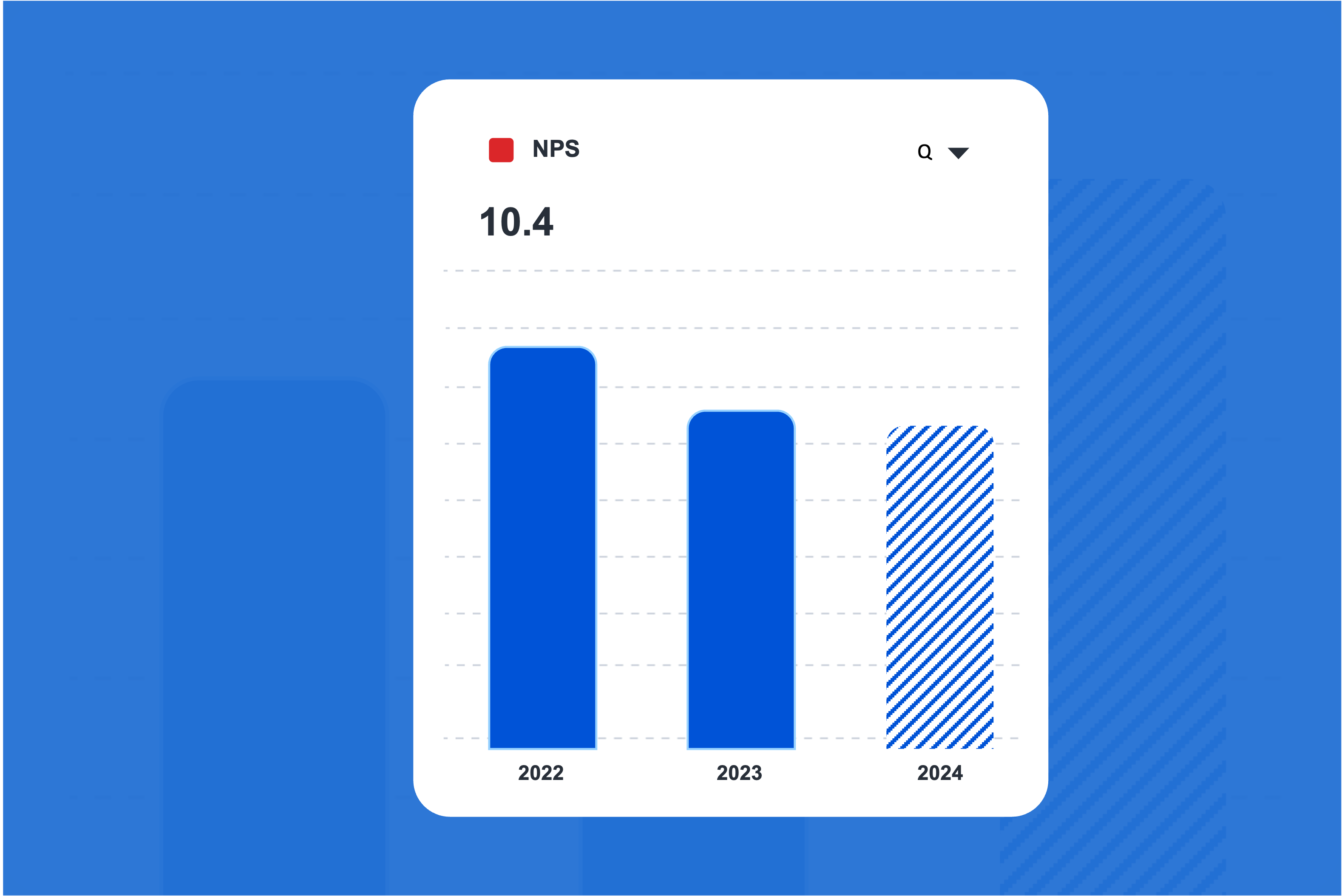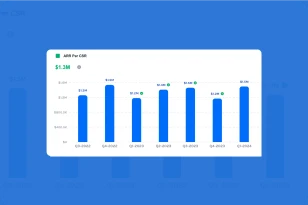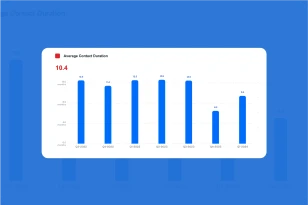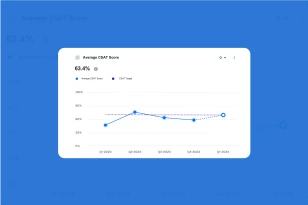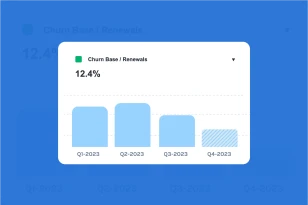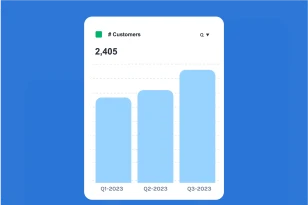What is Net Promoter Score (NPS)?
Net Promoter Score (NPS) is a widely used metric that measures customer loyalty and satisfaction based on a single question: “How likely is it that you would recommend our company/product/service to a friend or colleague?” Respondents typically provide a score on a scale from 0 to 10, with 0 being “Not at all likely” and 10 being “Extremely likely.”
NPS categorizes respondents into three groups:
- Promoters (Score 9-10): Customers who are highly satisfied and likely to recommend the company. They are considered loyal enthusiasts who contribute positively to word-of-mouth marketing.
- Passives (Score 7-8): Customers who are satisfied but not overly enthusiastic. They are likely to be neutral and may not actively promote or criticize the company.
- Detractors (Score 0-6): Customers who are dissatisfied and unlikely to recommend the company. Detractors may share negative feedback and potentially harm the company’s reputation.
The Net Promoter Score is calculated by subtracting the percentage of Detractors from the percentage of Promoters, resulting in a score that can range from -100 to +100.
Why is it Important to Measure Net Promoter Score?
Measuring Net Promoter Score is important for several reasons:
- Customer Loyalty Indicator: NPS is a direct indicator of customer loyalty and satisfaction. A higher NPS generally correlates with a more loyal customer base.
- Word-of-Mouth Impact: Promoters are likely to recommend the company to others, contributing to positive word-of-mouth marketing. NPS reflects the potential impact of customer recommendations on business growth.
- Feedback Collection: Beyond the numerical score, the open-ended feedback collected through the NPS survey provides valuable insights into specific aspects of the customer experience that need improvement.
- Benchmarking: NPS allows companies to benchmark their customer loyalty against industry standards and competitors. Understanding where the company stands relative to others helps set improvement goals.
- Operational Focus: The categorization of customers into Promoters, Passives, and Detractors guides operational focus. Companies can prioritize efforts to convert Passives into Promoters and address issues causing Detractors.
How Do you Calculate Net Promoter Score?
The Net Promoter Score is calculated by subtracting the percentage of Detractors from the percentage of Promoters.
The formula is as follows:
NPS Formula
Percentage of Promoters − Percentage of Detractors
For example, if a survey results in 50% Promoters, 30% Passives, and 20% Detractors, the NPS calculation would be 30.
How To Improve Net Promoter Score?
Improving Net Promoter Score involves strategic efforts to enhance customer satisfaction and loyalty. Here are key approaches:
- Close the Feedback Loop: Act on the feedback received through NPS surveys. Reach out to customers for more information, address their concerns, and communicate improvements made based on their feedback.
- Promoter Engagement: Engage with Promoters to leverage their positive sentiments. Encourage them to participate in referral programs, write testimonials, or share positive experiences on social media.
- Passive Conversion: Focus on converting Passives into Promoters by identifying and addressing the specific aspects that left them neutral. Provide additional value to turn them into enthusiastic advocates.
- Detractor Resolution: Prioritize the resolution of issues raised by Detractors. Address concerns promptly, offer solutions, and communicate changes made to improve their experience.
- Continuous Improvement: Use NPS results as a continuous improvement tool. Regularly assess customer feedback, identify patterns, and implement changes to enhance the overall customer experience.
- Employee Training: Train and empower frontline employees to deliver exceptional customer service. Employees play a crucial role in shaping the customer experience and influencing NPS.
- Customer-Centric Culture: Foster a customer-centric culture within the organization. Ensure that every department and employee understands the importance of customer satisfaction and contributes to it.
- Personalization: Personalize customer interactions and communications based on their preferences and history with the company. Tailoring experiences enhances customer satisfaction.
By focusing on these strategies, businesses can work towards improving their Net Promoter Score, leading to increased customer loyalty, positive word-of-mouth, and sustained business growth. Regular monitoring, analysis, and adaptation based on customer feedback contribute to long-term success.
